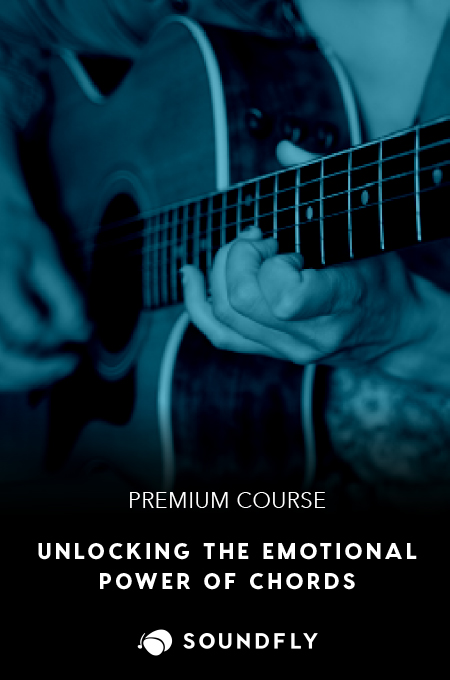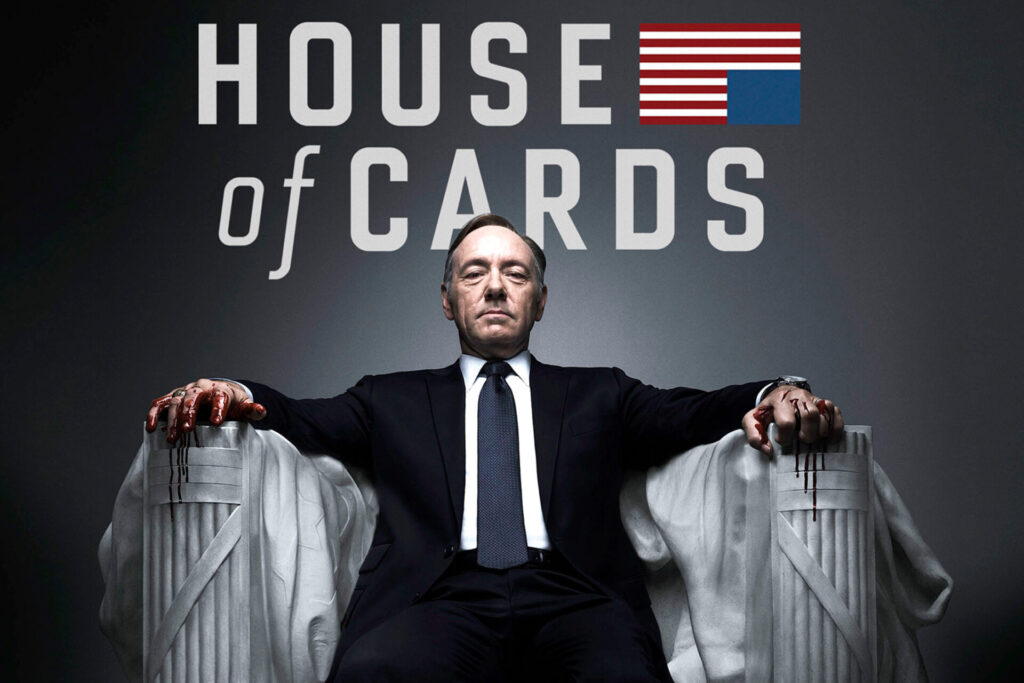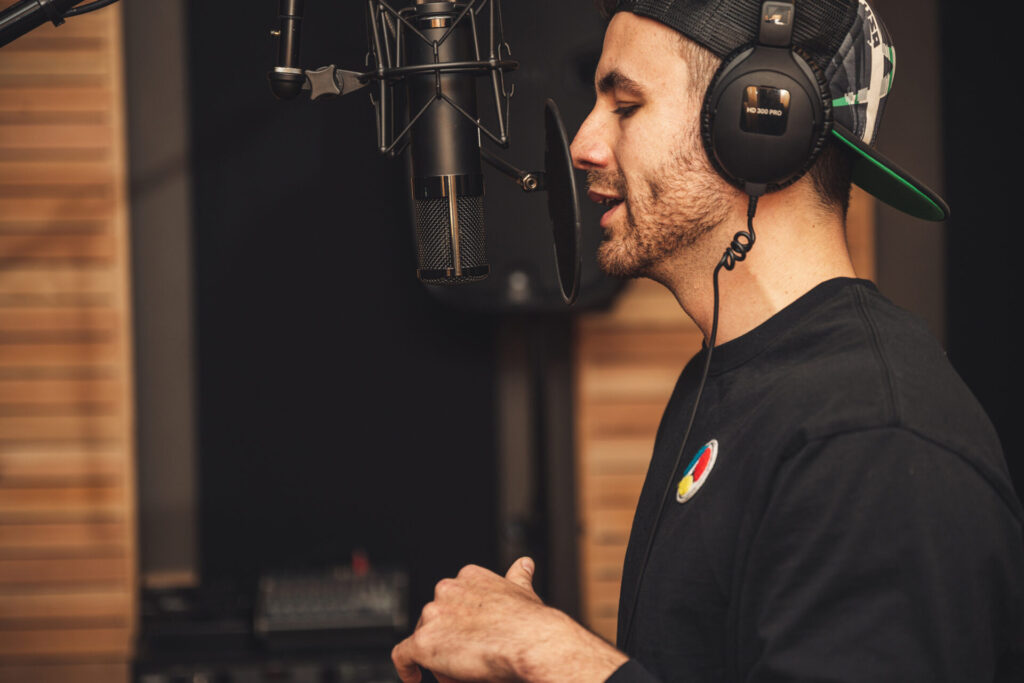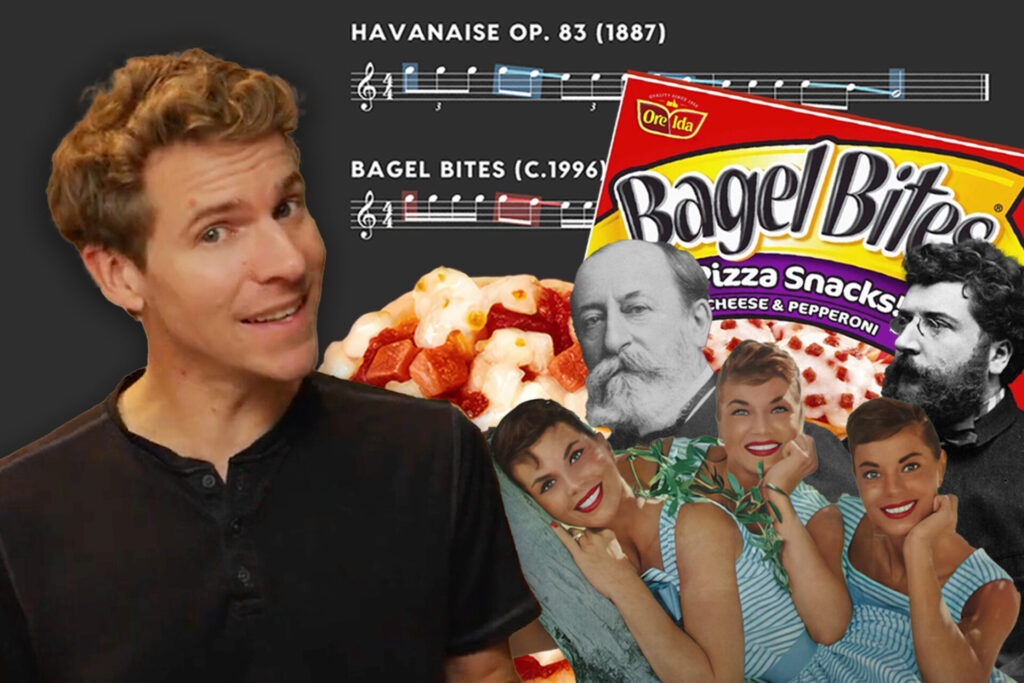
Welcome to Flypaper’s editorial column, Talking Points, where we revisit a lengthy lecture or Q&A with the greatest minds in music production and composition, and elucidate the most interesting details or concepts to gain a fresh perspective on the topic in question. In other words, we’ll pull out the talking points. Follow along with the series here, or sign up for our newsletter to get more music learning like this in your inbox every Tuesday!
In this edition of our series, we’ll break down a talk with the veteran Swedish singer, songwriter, and record producer Robyn, from earlier this year at the Red Bull Music Academy in New York City. Robyn is a tour-de-force of creativity and has remained at the cutting edge of pop for more years than most pop stars today have even been alive — which is no easy task. She continues to reinvent herself and has continued to produce some of the most exciting electronic dance pop music around, garnering five Grammy Award nominations throughout her career.
In this talk with artist Adam Bainbridge (a.k.a. “Kindness”), she discusses starting a label, songwriting in a modern music industry, and the chain of events that led her to become an independent person — and international pop artist — as a young teen. There’s a ton of useful info and insight in here for the modern songwriter to take away, so skip the lengthy video and join me below for the talking points!
1. Music is a family, and family is an influence
Robyn grew up on a tour bus. Her parents were experimental theatre performers in Sweden, and they toured with their troupe for most of Robyn’s younger years. It was there that she first became interested in music and performance, and within a family of people who loved and supported artistic and creative development. That was the easy part. When Robyn’s parents divorced, she had to find a way to put a family back together for herself in the only way she knew how — and that could only be done through music.
So she eventually came to use this experience as the genesis for a lot of early songwriting, and those emotions have remained a foundation for her inspiration ever since.
2. Starting your own label allows you to create work without compromise
Robyn describes a feeling of having ideas in her head that she couldn’t adequately describe in words. When stuff doesn’t fit tightly in a box, it’s hard to make the case to others that it should live in the mainstream popular music industry, and so her craziest, most creative ideas never got green-lit until she made them happen herself.
When Robyn received a copy of The Knife’s second album, Deep Cuts, it triggered something urgent in her to leave her label at the time and restart things herself in collaboration with The Knife. The rest is history, and it turned out to be a great decision to follow her instincts and not compromise on her ideas. It may be the harder road to travel, but doing things yourself can lead to greater and greater rewards if it means not having to appease anyone but yourself.
3. Don’t be afraid to say no, even in collaboration
This point might smell like exploitation, but it relates to a story that Robyn tells here about her first time working with producer Klas Åhlund, whom she’s worked with on almost everything she’s created since. When they wrote their first song together, it was based around a guitar motif that Åhlund brought to the table. She was super proud of it, but she just had one issue: the guitar.
Robyn’s music has always featured more synths and electronics than “rock” guitar, so despite being totally in love with what they had created together (an early demo version of “Be Mine”), she had to bring up “the guitar thing” with Åhlund. Eventually, they recorded the track with a string quartet and electronic drums and bass to come closer to the types of timbres she was comfortable with, and they had the first of many hits on their hands. Sometimes, as much as you may love something, you need to put your foot down about your vision.
4. “The unconscious is mysterious”
In talking about her songwriting process, she’s hard-pressed to detail exactly how songs get written. She mentions in a few ways that there’s no script, no set-in-stone pathway to creating work that resonates with either herself or an audience. But she does claim with confidence that “there’s so much inside of us that we don’t have access to.”
In this way, writing music is very much like catching lightning in a bottle — and this is echoed when Robyn tries to describe how she wrote “Dancing On My Own,” how it just came together because it was in her head begging to come out. I think if there’s a lesson here, it’s a little bit abstract. There might not be a clear-cut model for writing a hit song, and searching for that “model” is probably not going to result in much progress. As artists, we have to just be open and observant, and trust our intuition that if something wants to piece itself together in this way, it probably has to do with what’s happening deep in our subconscious and unconscious mind space.
5. If your melody sounds like something Prince would dig, it’s a keeper (full stop)
Not much to explain here. Robyn, like the best of us, is obsessed with Prince’s songwriting. And to her, if she stumbles across a “Prince-esque” melody, something he would’ve approved of, it’s a seal of approval that she’s headed in the right direction with a new song. I would say there aren’t too many universal rules of songwriting, but this is probably one of them.
6. Collaboration is great, but when inspiration strikes you have to be prepared
For the first time in her career, with her brand new album, Honey, Robyn started the album creation process herself in her home studio, working in Logic Pro.
Although she eventually brought her team of collaborators and producers in to finish the record, this was a watershed moment for her that could’ve only come about because she invested the time and energy to learn how to home record and produce music, and use the gear necessary to making it all sound good.
Obviously, here at Soundfly, this is big part of everything we do — we’re all about empowering the independent musician to create high-quality work on their own schedule, in their own space, and on whatever their budget is. So, check out our custom mentorship program here to learn about getting 1-on-1 professional coaching, guidance, and feedback on your music.
Soundfly’s community of mentors can help you set the right goals, pave the right path toward success, and stick to schedules and routines that you develop together, so you improve every step of the way. Tell us what you’re working on, and we’ll find the right mentor for you!




